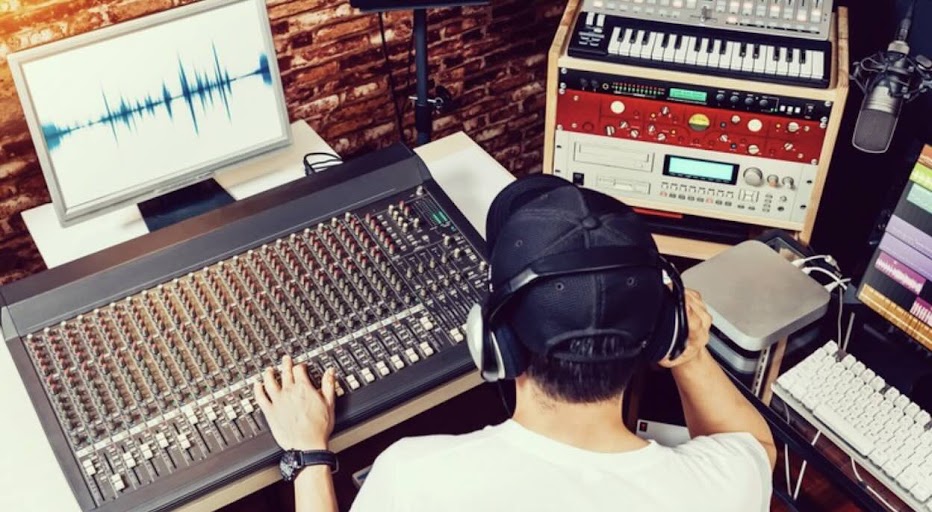Echo vs. Reverb
One of the subjects that generates confusion in acoustics is the difference between reverb and echo. It is too common to find people, even within the field of professional audio, that have no clear distinction between these two terms.First we must know that when a sound wave starts, its energy begins to propagate through a medium. This medium is usually air and, as the wave travels, the wave's amplitude decreases. For this reason a sound is quieter as the distance is greater.
When the sound wave arrives to a different medium, such as a wall, a part of its energy is reflected. Another part of the energy is absorbed and another part is transmitted to the other side of that wall. The reflected wave is what will create an effect of "echo" or repetition. This phenomenon is evident when we generate a loud sound outdoors. For example, a large wall on the street fence. We hear a replay of the sound we generated a fraction of a second later. This is called: reflection or echo.
If instead of doing this experiment outdoors we do it indoors, then the reflected sound wave will bounce on other walls and will continue doing it until it's hardly perceived because of attenuation. We assume that there are not curtains or furniture in this example. This group of quick echoes is what form the "reverb". The reverberation is typical in cathedrals and even in some bathrooms or empty houses. The absence of furniture or curtains makes the reflected sound waves to remain for a longer time and give the feeling that the sound continues.
 |
| Reverberation chamber |
Reverberation and echo allow us to appreciate the ambient sound of a place. Our ear is a specialist in hearing details of echo and reverb from different places and thus whether it is a large hall, a small room, etc. This is what makes a big difference when recording in a home studio or in a professional one. This also explains the difference in the acoustic treatment for a concert hall or auditorium, cinema or conference room.
All these concepts are vital when recording and mixing sound. They help us recreate more realistic soundscapes. Each venue requires a certain amount of echo and reverb to suit its purpose and this is a matter of an acoustician. The best solution requires specialized measurements and analysis.
If you want to learn more about acoustics, please check out my online course Principles of Acoustics for the Home Studio! More info here.







0 comments:
Publicar un comentario